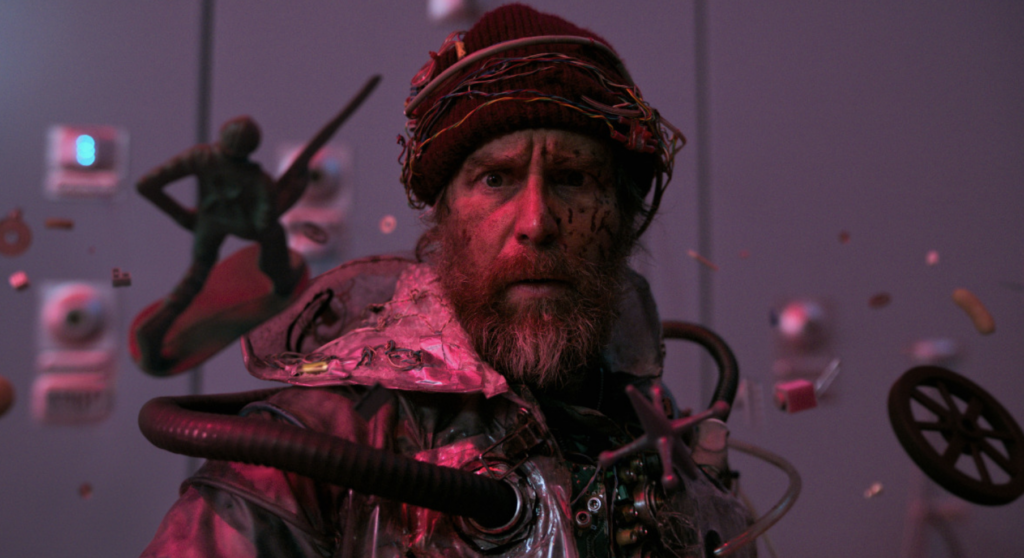Derek Cianfrance’s Roofman hides Channing Tatum in a light-hearted drama with a troubling core
Here’s the problem with reviewing movies: It’s subjective. You’re a human, reviewing a work made by other humans, and both the art itself and the processing of that art are going to be imperfect. You come to this with your own personal bugaboos, and sometimes that keeps you from being able to engage with a movie simply on the basis of whether it works or not.
Case in point: Derek Cianfrance’s Roofman, which is based on the true story of Jeffrey Manchester (Channing Tatum), a military veteran-turned-sweet-natured criminal who robbed over 40 McDonald’s restaurants in North Carolina in the early aughts. After escaping from prison, Manchester took up residence in a Toys “R” Us, where he ended up in a pretty serious relationship with one of the employees, Leigh Wainscott (Kirsten Dunst), a single mom who had no clue Manchester was an escaped convict hiding out at her place of work.
That’s a wild story, right? Even if it were totally fictional, that would be a compelling hook (though, weirdly, not actually that original — I’m looking at you, Where the Heart Is). It’s all the more interesting for having actually happened!
And, in technical terms, Roofman is pretty charming. Tatum leans into his personable, fun-loving movie star persona. Dunst feels likable and real. The movie is shot on 35mm, which gives it a sense of reality and helps generate more empathy for the characters involved. It could go deeper, but what it does it does pretty well. In terms of construction, it works.
Here’s the problem, though: Roofman likes its main character a little too much to really consider the damage he did to the people he encountered, or even what drove him to do it besides materialism and a sense of inadequacy. On the surface, that quality seems like it shouldn’t matter that much, but it became a problem for me the more I thought about it. It became especially troublesome the more the movie reminded me that all of this happened to real people.
Much of that problem comes down to a matter of perspective. We’re getting this story through Manchester, which means we’re getting the tale of a well-meaning guy who kept making bad choices for understandable reasons, and finally learned he needed to take responsibility for the consequences of his actions. Consider, however, what it looks like from Wainscott’s perspective. She thought she’d met a great guy, only to learn he was a criminal who’d been spying on her via a security camera. Consider her daughters, who thought Manchester was a stabilizing father figure, then discovered he was a fugitive. Imagine you’re a Toys “R” Us employee who gets held up by a stranger you later discover had been squatting in the store and watching you undetected for months.
You’d be upset, right? Possibly traumatized for life!
It’s not necessarily Cianfrance’s fault for getting entranced by the wrong part of the story—those other perspectives are a little less cinematically compelling and harder to fit into a tidy screenplay. However, to play them down does a disservice to everyone who actually experienced the events of the film. Once that realization sets in, it’s pretty hard to shake.
Roofman plays as a lighthearted drama and an oddball feel-good fable, but while the story it’s telling does inherently possess those qualities, the reality is a little darker and sadder. All of it makes watching the movie an emotionally confusing experience, one that doesn’t necessarily keep me from recommending it, but is also one it’s a little hard for me to encourage you to seek out.





